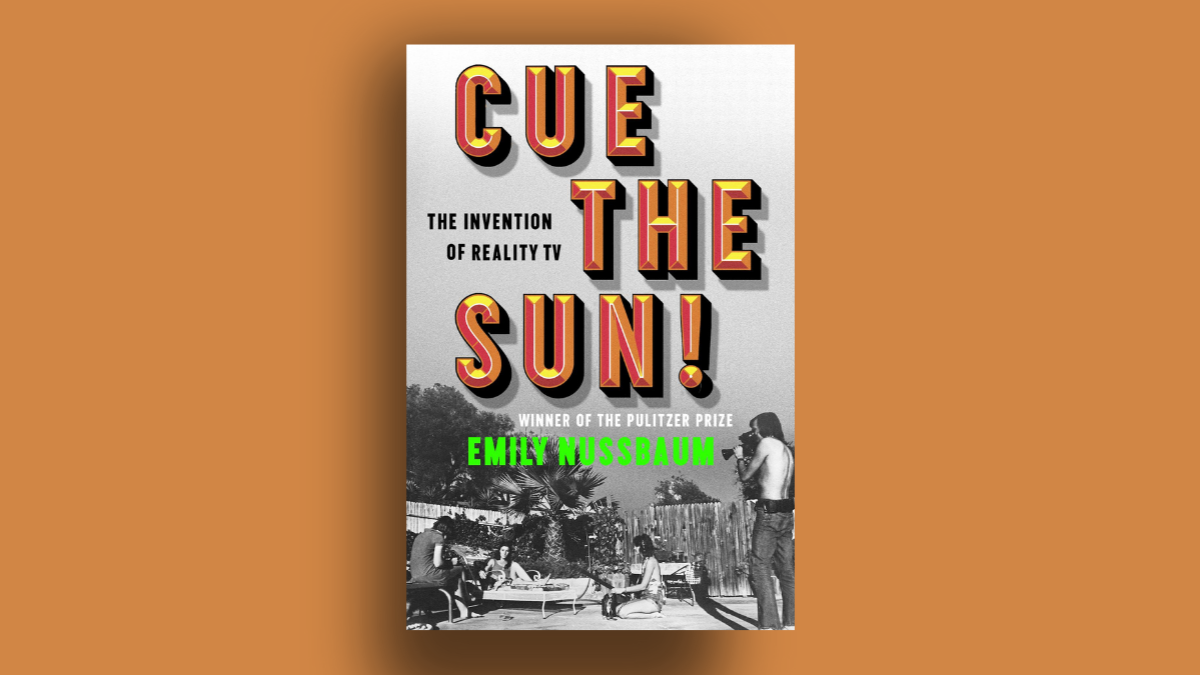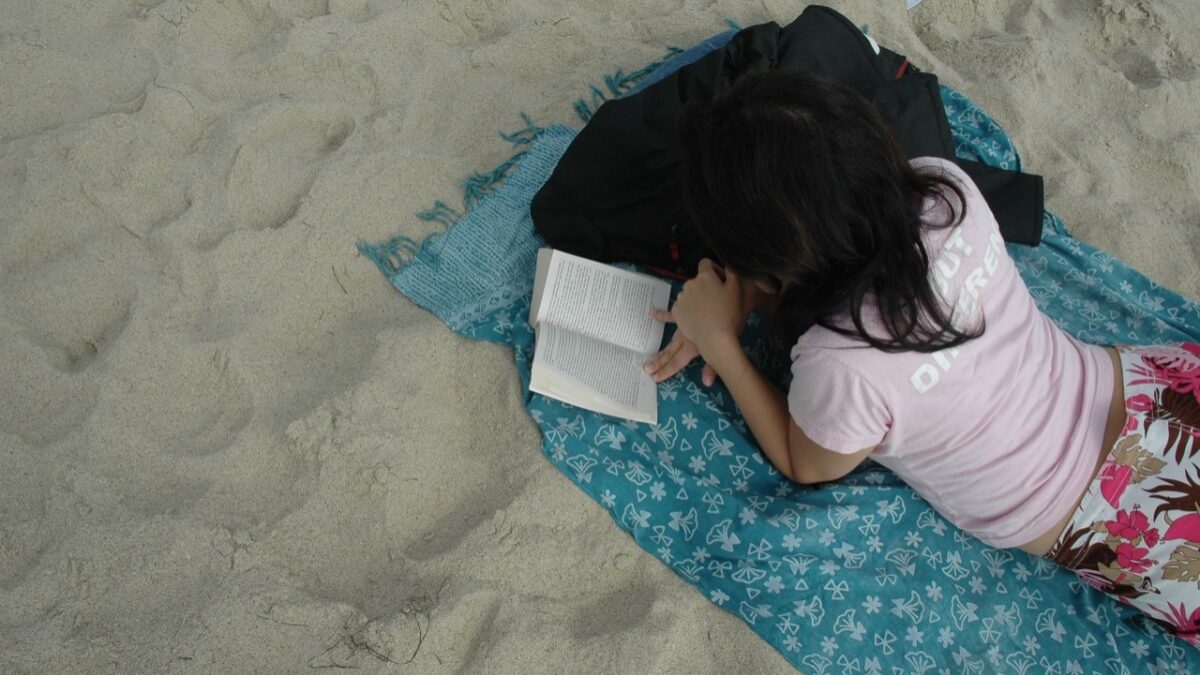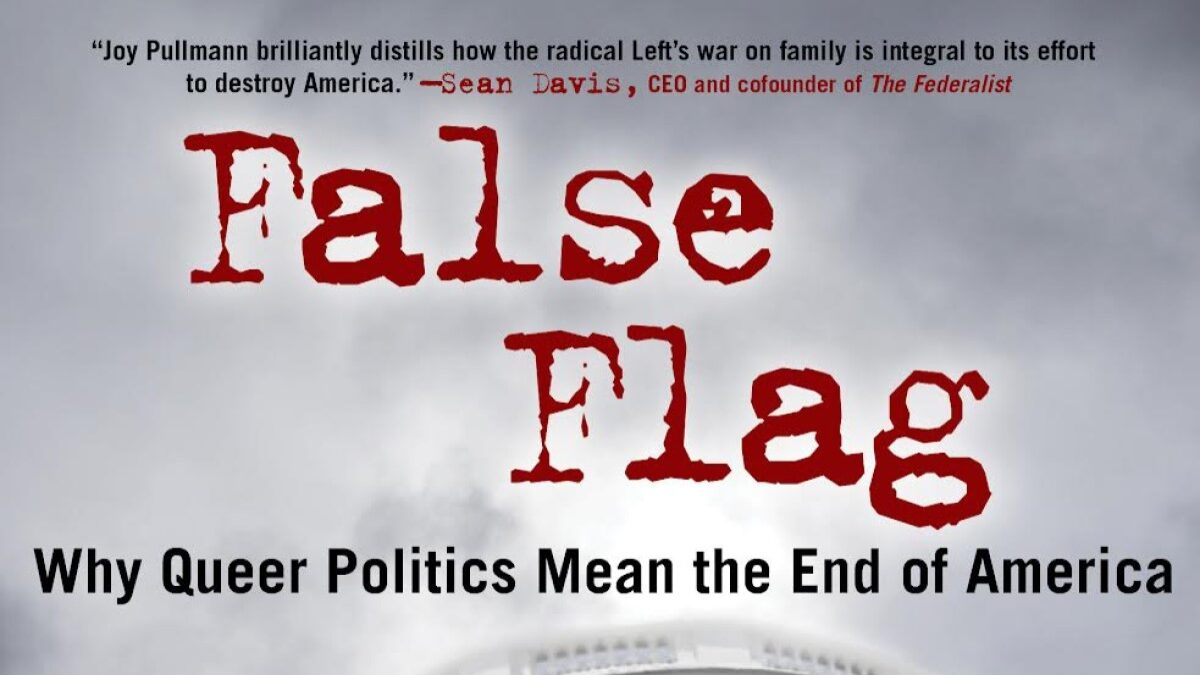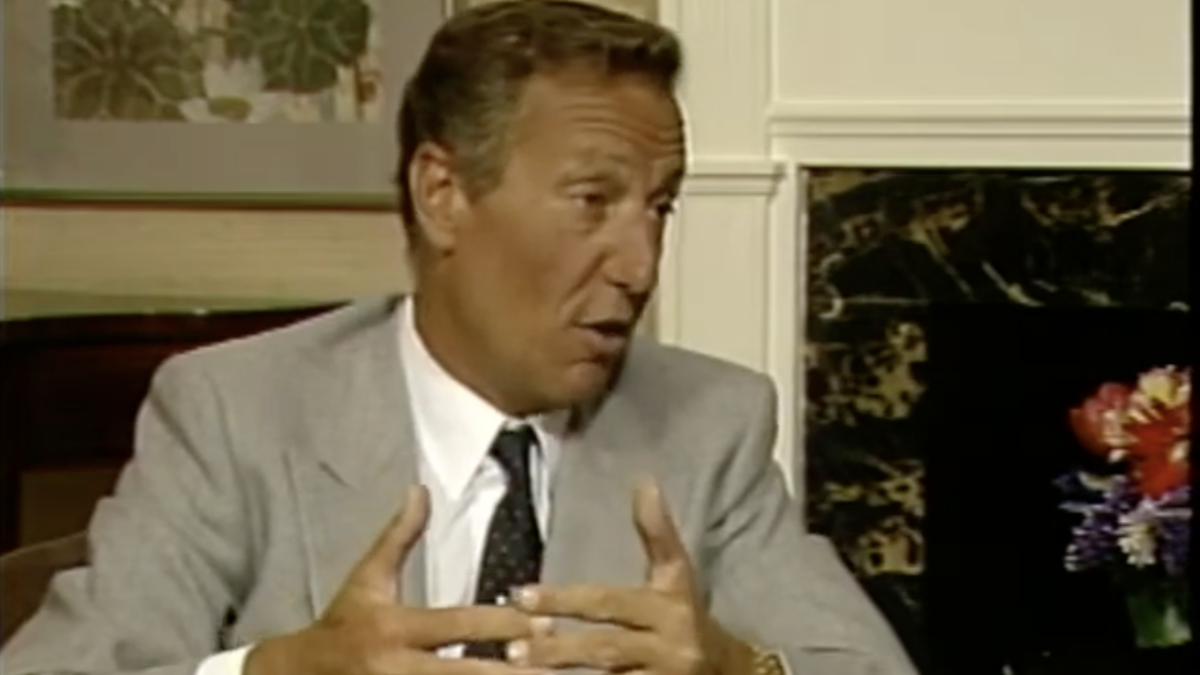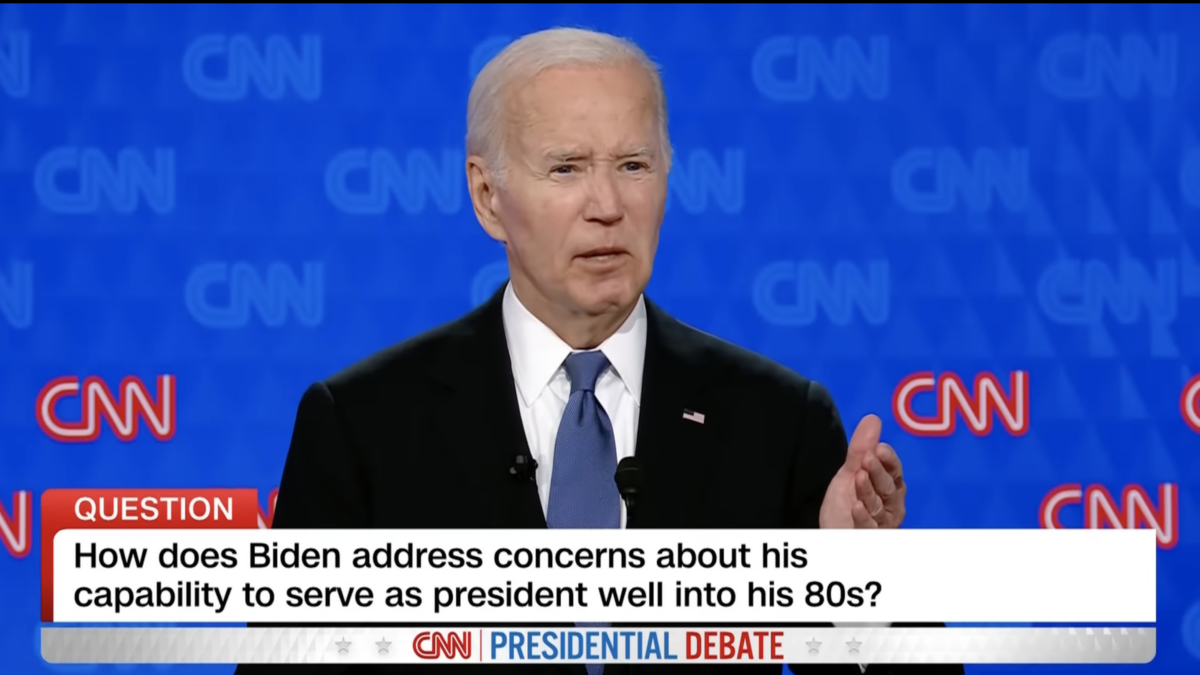When I got married, I started watching my wife’s favorite genre: reality television. As an adult convert, I joined the ranks of reality fans with fresh eyes. Chit-chat about highbrow television is often quite dull and perfunctory: “Oh yeah, that’s a great show.” Telling someone that you too like “90 Day Fiancé” is an entirely different experience. The enthusiasm, commitment, and lack of pretension reality fans possess are striking and endearing. Joining this community has changed my social life.
So I approached Emily Nussbaum’s history of reality TV, Cue the Sun!, with great eagerness, hoping to glean some insights on how the sausage is made at TLC, Bravo, and other networks I’ve grown to love. What became apparent, as Nussbaum worked her way through the evolution of reality programming, is that this book is neither for me nor your friend who loves TLC.
Unlike its subject matter, this book is not particularly fun. Instead, it’s a series of roughly standalone chapters detailing the production process, stylistic innovations, and labor conditions of reality programs ranging from 1940s radio to “Survivor.” This format makes it easy for you to flip to your favorite show’s chapter.
But again, the book is designed for a liberal intelligentsia that may view these shows as guilty pleasures but wants to maintain an ironic or intellectual detachment from them. They want to discuss unionization efforts and the stylistic debt “The Office” owes reality TV rather than how a three-part tell-all is still not enough to cap a really great season. This is not the dishy, behind-the-scenes book aimed at “Bachelor Nation.”
What You Came For
Nevertheless, a few (though genuinely, very few) juicy scoops sneak through.
One of the best ones is offered by Sarah Shapiro, an early producer on “The Bachelor.” Shapiro started out as a graduate of Sarah Lawrence College interested in “maximalist queer art, equal parts grotesque and gorgeous.” She ended up on the set of “The Bachelor,” where she found she had a knack for being “the schlubby best friend who hot girls tell sh-t to.” Nussbaum offers a liberal critique of the “bone-deep sexism,” “The Bachelor,” and Shapiro’s situation: “The series tapped a wellspring of internalized misogyny, teaching her to aim it at other women.”
Shapiro’s take is a little less highfalutin: “I started getting rewarded for it and I started getting money for it — and then I started feeling like it was actually really f-cking satisfying! Like: Destroy these b-tches.” Insiders call manipulative producers posing as confidantes “preditors,” a mash-up of predator and editor. Shapiro was one of the best.
One season, Shapiro knew her contestant wasn’t getting the final rose, but sensing an opportunity, she began pumping the bachelorette up: “Oh my God, I’m going to get fired for telling you this. Like: Oh my God, oh my God. It’s you.” She got the bachelorette into her dress, excited and liquored up. When she was rejected, Shapiro earned hours of meltdown footage and high praise from her bosses.
What Reality Has Wrought
The book’s title, Cue the Sun!, is a reference to “The Truman Show,” the 1998 Jim Carrey movie where he plays a man who doesn’t realize he’s the star of a reality television show and all his “friends” are actually actors. The film looks prescient in our modern influencer culture, nailing the voyeurism, the artificiality, and the solipsism that’s become commonplace. Everyone is running his own brand, starring in his own show, and the best at it get paid.
This development has left some industry veterans quite cynical. When Mike Fleiss first pitched “The Bachelor,” people didn’t understand why you would kiss someone on camera. Now, Fleiss said, “This new generation is just like, ‘Why would I ever kiss somebody off camera?’ That’s where they’re at.” Traditionally, producers would use alcohol or lack of sleep to induce reckless and entertaining behavior. Now exhibitionists need no prodding. In fact, they need to be well-rested and well-treated to deliver the antics they know the showrunners want.
Nussbaum recently wrote a column asking if “Love Is Blind” is a “toxic workplace.” In some ways, this idea marks reality TV completing its arc. When “An American Family” first came out in 1973, the subjects were authentic because they didn’t really understand what it meant to allow cameras to film them and editors to dramatize their lives. Now reality TV has so permeated mainstream culture that cast members view themselves as “workers” who knowingly sell their personal lives. The difference between Instagramming your entire life and appearing on “The Bachelor” is one of degree, not kind.
Where Do We Go From Here
These are the uncomfortable issues reality TV raises. In a world shaped by “Keeping Up With the Kardashians” and social media, how do you live a real life rather than a curated facsimile of one? When does entertainment shift from harmless to normalizing taboo and indecorous behavior? What does it mean to live in a world where people gladly bare all for a small shot at C-list fame? And is it cruel to enjoy watching them suffer when they’ve signed up for this?
Nietzsche famously said, “If you gaze for long into an abyss, the abyss gazes also into you.” After close to a hundred years of reality programming and generations of critics declaring it a spectacle that degrades public morality, there is clearly a growing section of fans and cast members that do not view reality TV as stylistic achievement (like Nussbaum) or absurd entertainment (like me and most people I know).
To them, “Love is Blind” is a workplace, and Kim Kardashian is a hero. Her empire, built on selling every scrap of her integrity and privacy is not a moral failure or cause for morbid curiosity, it’s an entrepreneurial victory. Fifty-seven percent of Gen Zers, if given the choice, would choose to be social media influencers. As traditional norms and institutions have lost influence, reality TV has gone from vulgar sideshow to mainstream aspirational content.
While Nussbaum predictably goes after Trump, claiming that “The Apprentice” rebranded a “multiply-bankrupt ignoramus” who left a “stain on real estate, Twitter, and democracy,” the truth is that Trump, Kim Kardashian, and RuPaul are all rewriting the rules of what’s acceptable and praiseworthy. If Kim Kardashian is a mogul and RuPaul is an icon, then Donald Trump is indeed “a great businessman.” But on these sorts of issues, Nussbaum is silent, content with condemning Trump but looking no further.
Like “The Truman Show,” our world can feel surreal. People jump at the chance to sell their privacy, their integrity, and their souls for a shot at fame. It can be strange and sad but also intriguing and comical. A little prudence helps separate the good from the bad, the degrading from the entertaining. And at the end of the day, as all reality fans know, you need a good sense of humor to enjoy the absurdity of it all.
